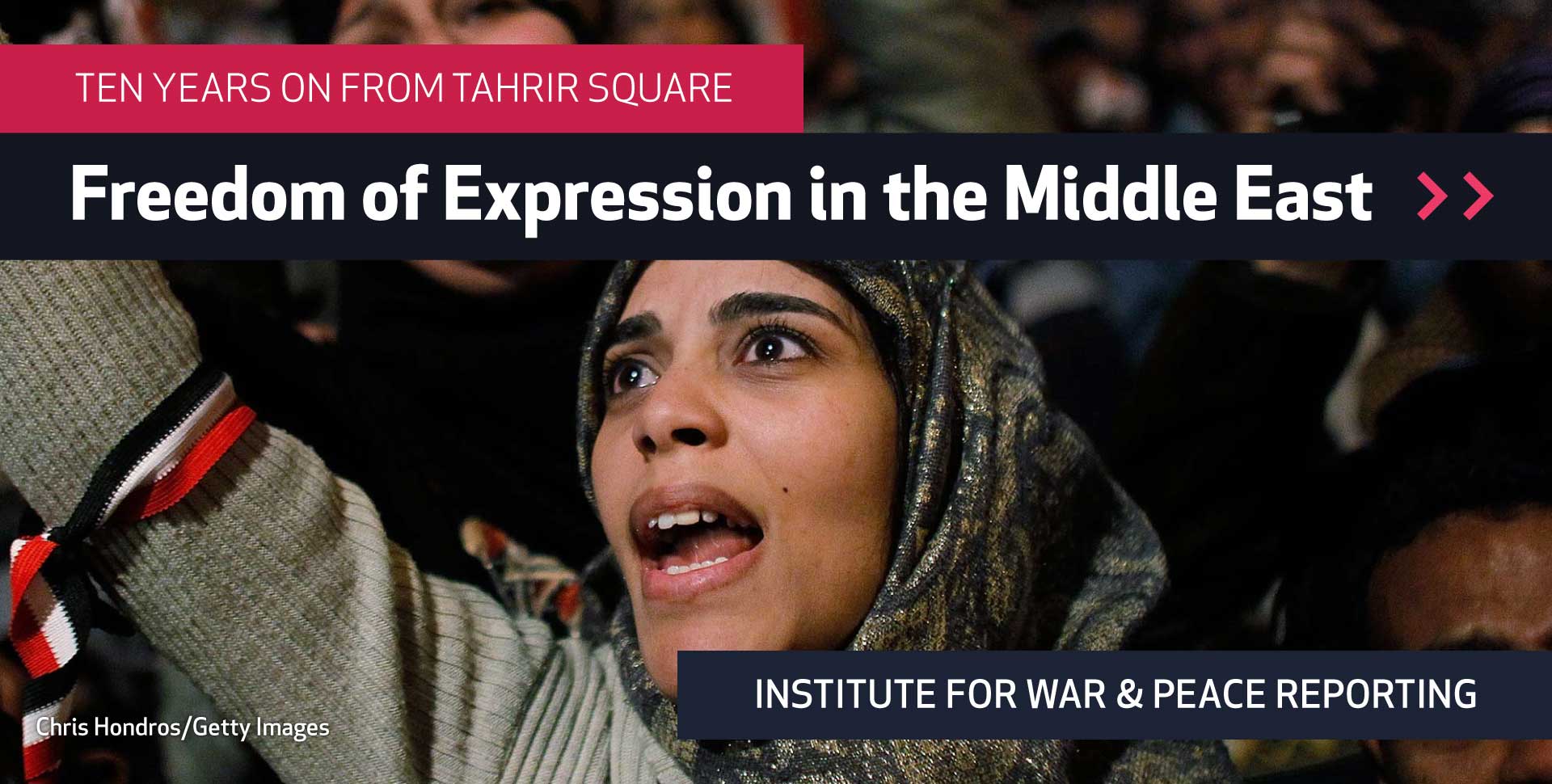Syria: The Burning Man
From reporting on war in Aleppo to protests in the streets of Paris.
I liked taking pictures, but I wasn't able to practice this, as my city Aleppo was tightly controlled and taking a picture in an area or neighbourhood with an anti-government caption meant you would disappear. Everyone knows what the Syrian regime is.
Before the revolution, Syria had no press freedom and everything was forbidden to citizens, not just photography. You were only allowed to work in journalism if you were working for the state media, which meant you were following their rules and were part of the corrupt system.
When the uprising started in 2011 I took part immediately, without any hesitation, and started documenting and photographing the peaceful demonstrations so the world would see what the regime was doing to suppress them.
From war in Aleppo to demonstrations in Paris. How @zakria_alkafi got the shot of the burning man. @AFPblogs https://t.co/9AtOOxGzu3 pic.twitter.com/Obfftxgbky
— Yana Dlugy (@yanadlugy) May 3, 2017
This was the hardest stage in my career. Documenting and filming was viewed by the regime as more dangerous than protesting, so its forces deliberately targeted citizen journalists and photographers first. That motivated me even more to chronicle what the regime forces were doing.
When the Free Syrian Army entered the city, initially my work became easier because I was free to move around without the fear of being arrested and killed. Shortly after, though, the regime started bombing the city and the second stage of my career began.
I wasn't sure when I would be killed, but I was pretty sure I would be - or at least injured. This was our reality in the city of Aleppo, because we didn’t know where or when the bombs would drop. However, I believed in our cause, and the importance of reporting the truth to the world.
What affected me most was when the regime would bomb civilian homes and I would go to cover the aftermath. Seeing the bodies of women, children and men burnt and ripped into pieces, painful scenes of people alive under the wreckage.
I wasn't sure whether the world would be affected by these people I was photographing or not. I believe many people were, because they tried to demand the regime stop the massacres by demonstrating worldwide.
In 2011 I was sending videos and pictures to Al Jazeera, Al Alarabia and Orient TV beside a couple of websites, as well as posting on social media.
I tried to teach myself by following professional photographers online, and in June 2013 was invited to attend a workshop in Gaziantep organised by IWPR. The trainer was a well-known AFP photographer, Patrick Paz, and I learned a lot about photography, news writing, storytelling and photo stories. When I returned to Aleppo I started working for AFP as a freelancer until September 2015 when I was injured. I lost my right eye while taking pictures of one of the battles in Eastern Aleppo.
When I arrived in Paris [for medical treatment] everything was new to me – the people, language, places. I continued my recovery and rehabilitation and when my treatment finished I began learning French and I made friends and was able to continue working, following this hard road.
I participated in five photography exhibitions about Aleppo and what happened to it during the revolution.
In 2017 I was able to return to working with APF and I started to develop my photography skills more and more. And on Labour Day in Paris I was coving what was a huge and historical event for the French people and was able to take a picture of a police officer in flames because of a Molotov cocktail thrown at him by protesters.
The picture went viral and was published in all the French newspapers and magazines as well the European and American ones.
This one-eyed, Syrian refugee photographer in France began to win awards and compete with hundreds of Parisian and European journalists.
I was able to prove that I was a professional, and I am still working for AFP in Paris until now.
Zakaria Abdulkafi is 33-year-old video-maker and photographer living in Paris, France.

